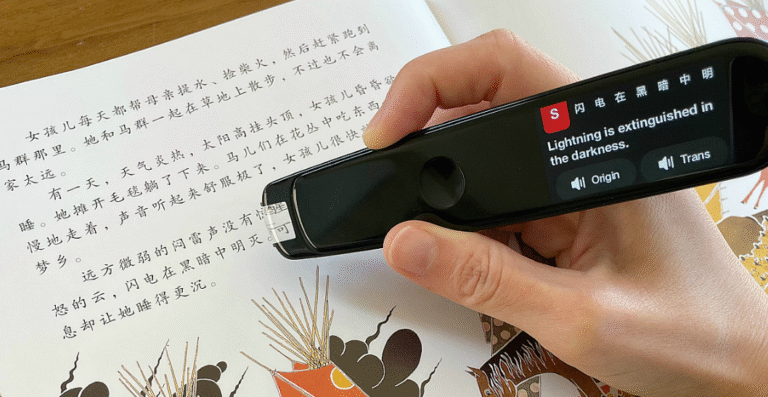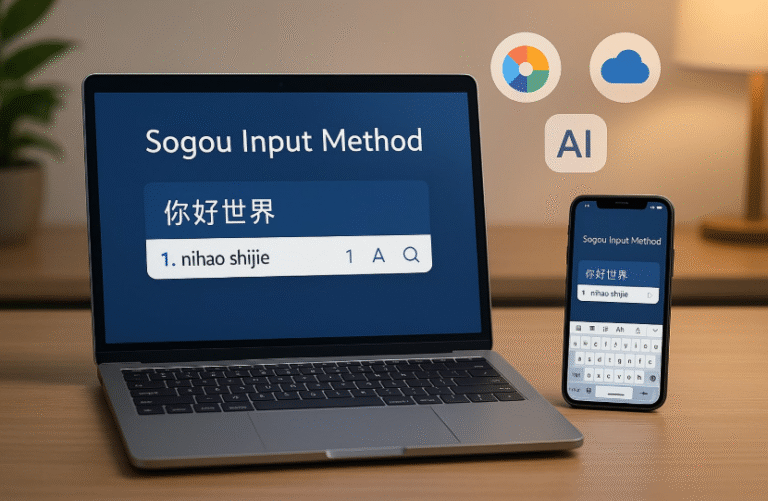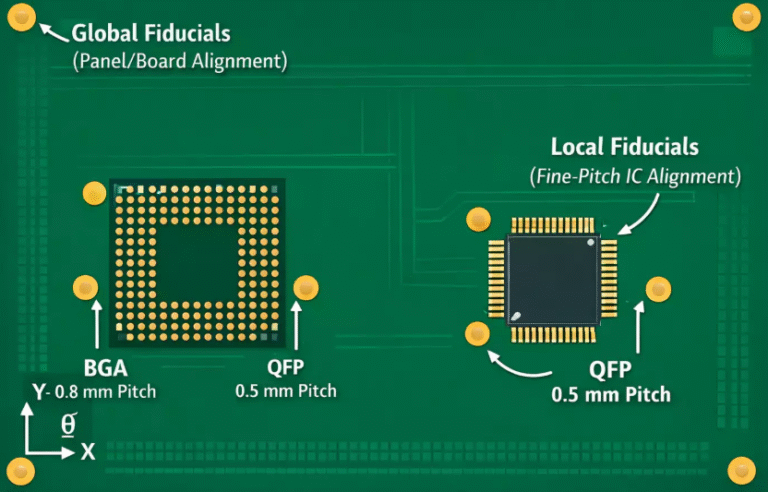Designing the Perfect Custom Android Phone

Introduction
In today’s technology-driven society, smartphones are more than just communication tools—they are personal hubs for productivity, entertainment, creativity, and security. With the rapid growth in consumer preferences and technological innovations, the demand for a custom android phone has gained immense popularity. From software to hardware, businesses and tech enthusiasts alike are seeking options that reflect individual or organizational needs.
This article explores the concept, benefits, use cases, and development process of building a custom android phone that stands out in an ever-competitive market.
What is a Custom Android Phone?
A custom android phone refers to a smartphone built or modified to meet specific user requirements. These phones can be developed from scratch or customized using existing Android-based frameworks. Customization can be on the software side—like unique ROMs, tailored UI, pre-installed applications—or on the hardware side such as screen size, battery type, camera specs, or connectivity features.
Whether for personal branding, industrial applications, secure communications, or niche functionality, a custom android phone gives users control that goes beyond off-the-shelf devices.
Why Choose a Custom Android Phone?
Personalization
A custom android phone offers unparalleled personalization. From the look and feel of the operating system to the choice of pre-installed apps, themes, and even boot animations, users can truly make the phone their own. It allows businesses to create a consistent identity across employee devices.
Security
Security is a growing concern in today’s digital age custom android phone can be designed with enhanced encryption, hardware-based security modules, biometric authentication, and minimal third-party apps. This makes them suitable for enterprise or military-grade communication systems.
Business and Industrial Use
Many industries require phones with rugged build, barcode scanners, thermal imagers, or specific radio frequencies. A custom android phone can be engineered for such scenarios, making it indispensable in logistics, field services, healthcare, or defense sectors.
Cost Control
Building a device to exact needs means eliminating unnecessary features. This helps reduce the cost of production and final device pricing. Companies that need thousands of phones can benefit from tailored specifications that minimize wastage and optimize performance.
Key Features in a Custom Android Phone
Operating System Customization
A custom ROM can be installed on the device, allowing developers to modify Android in a way that fits specific requirements. It may include kiosk modes, remote management tools, or even complete control over updates.
Hardware Components
Based on use case, the hardware can include:
- Specialized sensors (fingerprint, barometer, etc.)
- Rugged casing for durability
- Large-capacity batteries for longer use
- Dual-SIM support or eSIM options
- Enhanced display for outdoor visibility
Software Preloading
A business can preload company-specific apps, restrict user access to third-party installations, or even block certain websites. Such software customization ensures consistency and compliance across all devices.
Network and Connectivity
Depending on the intended region or market, a custom android phone can be designed to support particular 4G, 5G, or satellite bands. This is especially useful for organizations operating in remote or conflict zones.
Development Process
Planning and Requirement Analysis
Before building a custom android phone, it’s vital to define the use case, expected performance, budget, and lifecycle. Identifying the target audience and required certifications also plays a role in early-stage planning.
Choosing the Right Manufacturer
Partnering with a reliable hardware manufacturing company is critical. These manufacturers typically provide design services, PCB layout, firmware integration, and testing. They should also offer flexibility in component selection.
Prototyping and Testing
A prototype is created and tested across various performance parameters like durability, temperature resistance, battery life, and software performance. Bugs are fixed, and modifications are made based on feedback.
Mass Production and Deployment
Once the prototype passes testing, the custom android phone moves into the production phase. Quality assurance checks ensure consistency across units before deployment to customers or users.
See also: The Influence of Tech on Modern Communication
Applications of Custom Android Phones
Field Services
For engineers, delivery agents, and utility workers, rugged and long-lasting custom phones help manage tasks efficiently. They may include GPS tracking, field apps, and high-brightness screens.
Healthcare
In hospitals, custom android phones can manage patient records, support real-time data sharing, and integrate with medical devices. Security features can ensure compliance with health data regulations like HIPAA.
Retail and Logistics
Retail chains and warehouses benefit from custom phones with barcode scanners, RFID support, and inventory management apps. These devices streamline processes and improve productivity.
Educational Institutions
Schools and universities use custom phones to provide students with limited-access devices loaded with academic resources and monitoring tools.
Government and Military
Governments may require secure and private communication tools. Custom android phones can be hardened against surveillance and include features like remote kill-switches or data-wiping mechanisms.
Challenges and Considerations
Cost of Development
While unit costs may reduce with bulk orders, the initial development of a custom android phone requires significant investment in R&D, prototyping, and testing.
Updates and Support
Ongoing software updates must be planned. If left unmanaged, outdated firmware can become a security risk.
Regulatory Compliance
Each region has its own standards like CE (Europe), FCC (USA), and others. Complying with these standards adds to development timelines and costs.
Supply Chain Disruptions
Sourcing specific chips, screens, or batteries can become challenging due to global shortages or geopolitical issues. Choosing flexible vendors can help mitigate this risk.
The Future of Custom Android Phones
The demand for customization is only expected to grow as industries recognize the value of tailored solutions. With advancements in modular design, 5G connectivity, AI-driven apps, and security technologies, future custom android phones will be smarter, more durable, and more adaptable.
As open-source platforms like Android continue to evolve, and as IoT and edge computing expand, the role of custom phones will become more important in enabling real-time operations and decentralized communications.
Conclusion
A custom android phone provides the ideal blend of functionality, security, and personalization. Whether you’re an individual looking to stand out or an enterprise seeking efficiency and control, a customized solution can be the smartest choice. As technology advances and user needs become more sophisticated, custom devices will likely become mainstream across more industries and use cases.
Organizations that recognize this trend early and invest in building or sourcing the right custom android phone can gain a competitive edge—by enhancing user experience, ensuring data security, and optimizing operational workflows.





